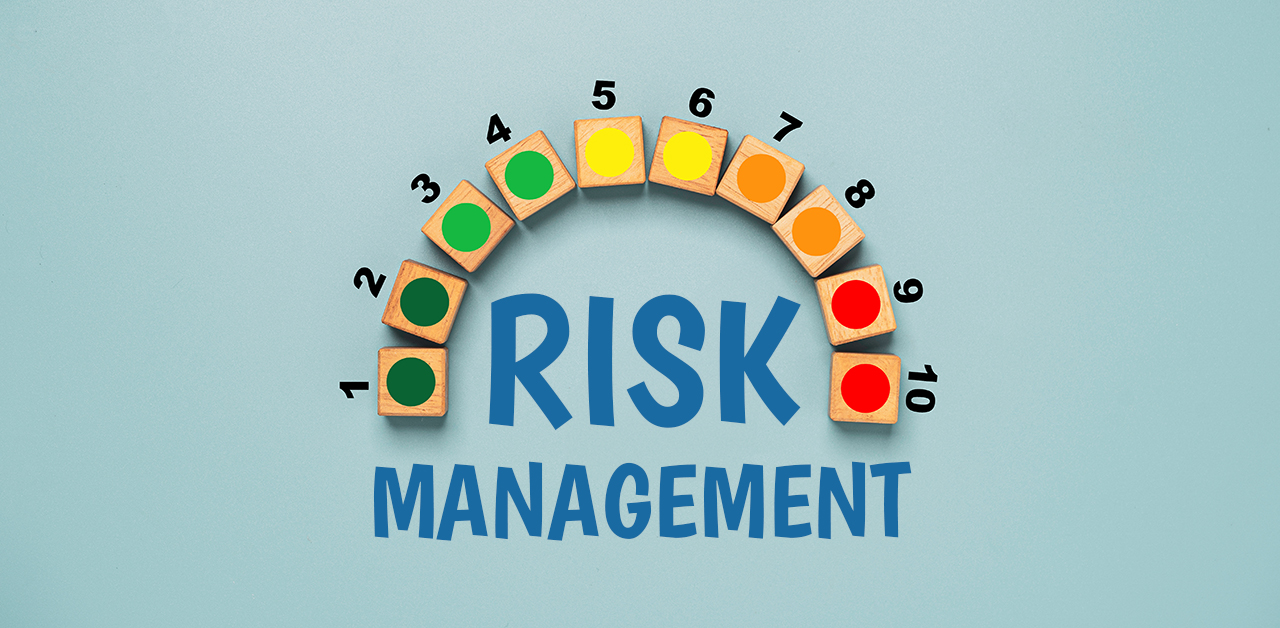Electronic waste, also known as e-waste, has become a major issue both globally and locally as everyday life becomes more centered around technology. In Minnesota, pollution is an especially major concern because of the state’s thousands of waterways and lakes. As garbage sits on a landfill, electronic parts can break down and release dangerous heavy metals. Major lakes and rivers in the state, like the Mississippi River, are particularly sensitive to the contaminants that gather from electronic pollution and form runoff. Through more thoroughly enforced measures for electronics recycling in Minnesota, the state is helping curb the growing problem of e-waste.
Minnesota Bans Dumping Cathode Ray Tubes
Electronics recycling in Minnesota has gained momentum since a law was passed prohibiting anything with a cathode ray tube that displays video, such as a television or computer monitor, from being put in the trash. State law requires that these electronics be recycled. Consumers can further take responsibility themselves to recycle anything containing a circuit board, even if it’s not required by state law to do so. Electronics recycling in Minnesota has also been encouraged by a legislative push to implement a statewide e-waste disposal system to accompany the cathode ray tube garbage ban.Electronics Recycling in Minnesota = Job Creation
Minnesota’s businesses and consumers wishing to upgrade their computers and find a way to get rid of their old ones have a large number of options available, thanks to legislative measures and a focus on educating the public about the importance of electronics recycling in Minnesota. As people rapidly discard computers and gadgets, electronics recycling in Minnesota has become an industry of its own, with a multitude of companies offering their recycling, de-installation, and resale services to tech companies and consumers nationwide. Through the implementation of more economy-fueled options for electronics recycling in Minnesota, state businesses have been able to cut down on landfill waste and create jobs for people through local electronics recycling businesses.Twin Cities residents have an even greater pool of resources. Computer recycling in Minneapolis is a rising market, offering businesses and consumers the chance to sell their used equipment or buy high-quality refurbished electronics at a much more affordable price than buying the same product new. Over time, as more people turn to electronics recycling in Minnesota, the state will help lead the nation in both the economy and in environmental awareness.

